Confederate Truths: Documents of the Confederate & Neo-Confederate Tradition from 1787 to the Present.
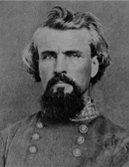

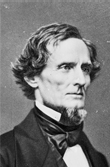
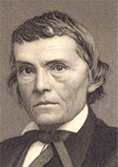

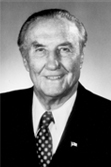
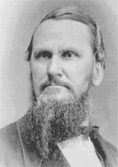
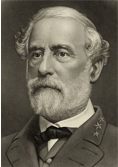
Payment for Negroes suggested
Confederate Veteran, Vol. 18 No. 3, March 1910, pp. 120. The Confederate Veteran was the official publication of the United Confederate Veterans, United Daughters of the Confederacy, Confederated Southern Memorial Association, and the Sons of Confederate Veterans.
PAYMENT FOR NEGROES SUGGESTED.
BY E. H. LIVELEY, ABERDEEN, WASH.
[Mr. Liveley has written a strong paper to the Charleston News and Courier in behalf of payment for slaves freed by President Lincoln. The following points are from it.]
The South returned to dilapidated and destroyed homes, negroes gone, bonds, crops, and securities gone, fences burned, cattle driven off and fed to merciless foes and carpet-baggers, and her women and children found almost naked and penniless. England did better by the alien Boers.
Japan erected a battle monument to the memory of the Russians who fell in defending Port Arthur. In this the Japanese people builded better than they knew. Such distinction was never rendered to a fallen foe, and the Russian people touch their hats in honor of such recognition.
The United States in her treaty with Spain at Paris paid the latter government twenty millions of dollars for the Philippine Islands. This is in surprising contrast with the condition of the South, which was taxed by the Federal government in excess of what Germany charged France. Spain never paid a cent of war damage, and her troops were provided with medicines and attendance and sent to their Spanish homes free of charge.
The people of the country are reminded by the partisans of Mr. Lincoln that had he not been assassinated he would have seen to it that the, people of the South received some compensation for their negroes set free by his order. But his allowing the order of Grant to Sheridan in the Valley of Virginia to burn and destroy when he could have prevented it is the rub.
The thousands of dollars belonging to private individuals which was taken from the New Orleans banks by General Butler was returned last year (1909) by Congress upon the ground that the money was private property. So with the negroes. Under all the circumstances we had no more right as a nation to take the negroes than we had to take the Arlington or the McVeigh estates. These, being private property, were restored to their owners. Mr. McKinley declared in his speech at Atlanta his willingness to share with the South in taking care of the graves of the Southern soldiers.
Mr. Lincoln issued before his death a proclamation restoring private property to those who had engaged in "rebellion." In 1862 General McClellan's army took possession of my printing plant at Williamsburg, Va., and carried it to Yorktown, where they published a paper known as the Cavalier. Subsequently they took it to Old Point Comfort. When the war was over, I claimed this property under the above proclamation, under the provisions of which the application was indorsed by General Ord, commanding at Old Point Comfort, and Quartermaster James, of the post, gave me transportation for same to Williamsburg via Yorktown. This shows the equity of my proposition.